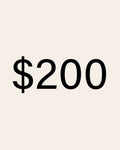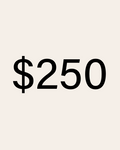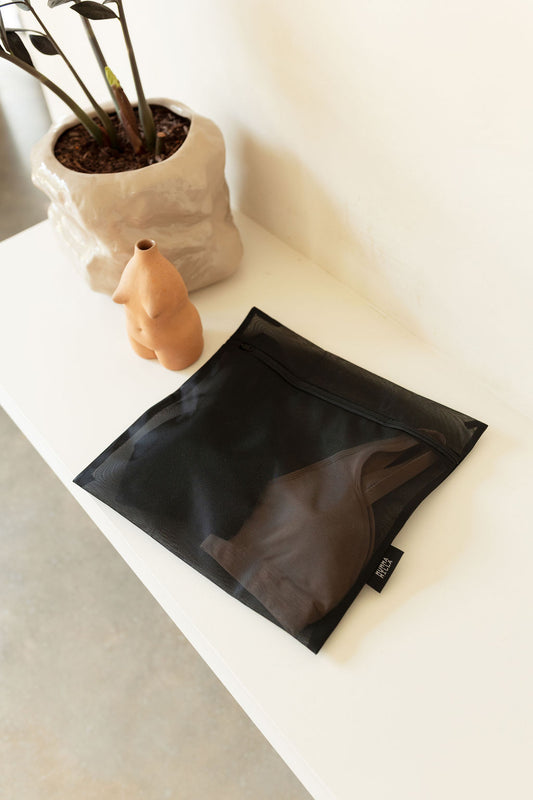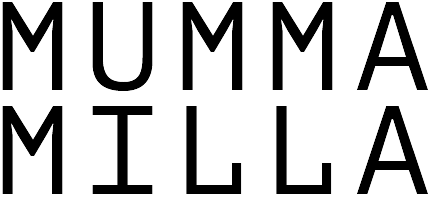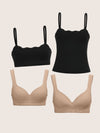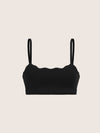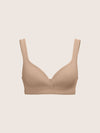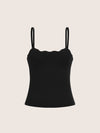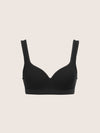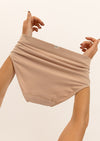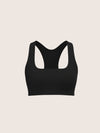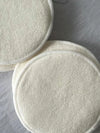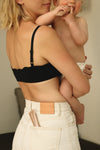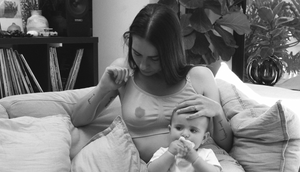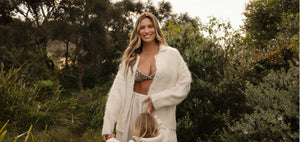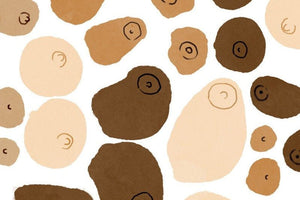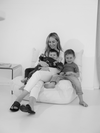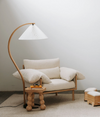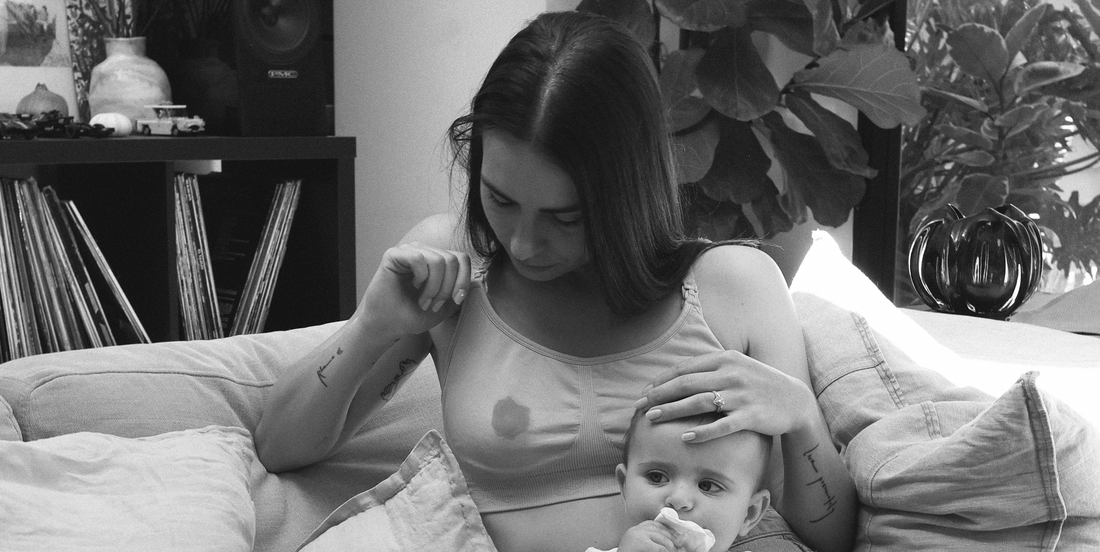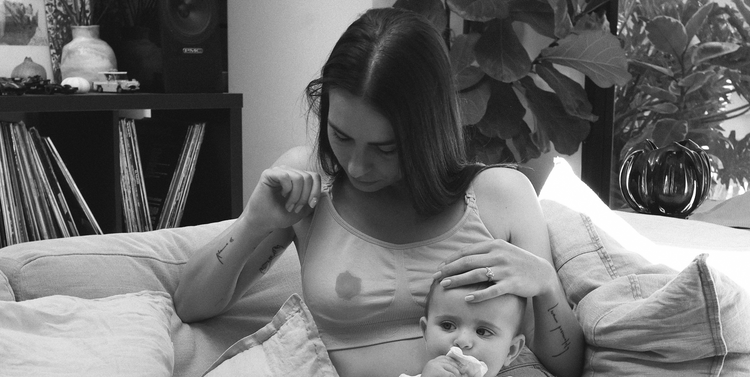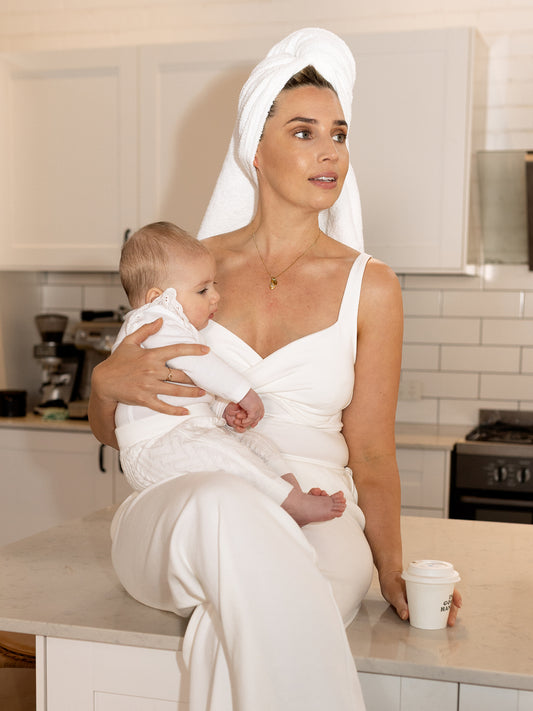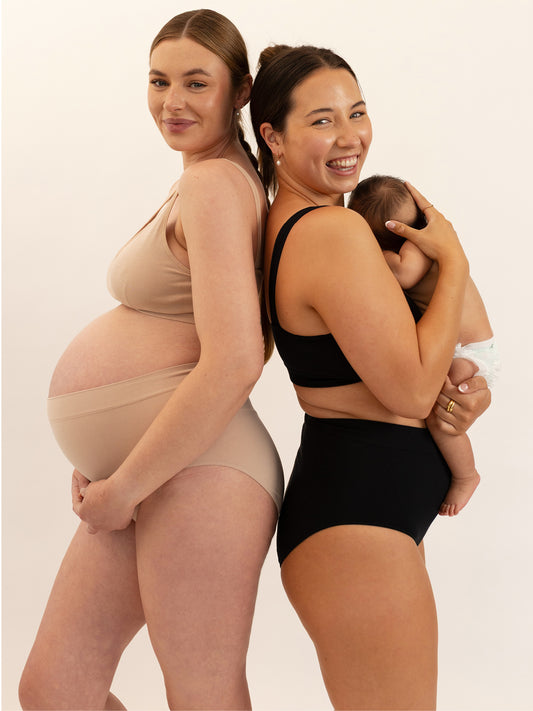Some Things To Expect Whilst Breastfeeding and How To Be Supported Along Your Journey.
Even with a decades worth of experience as a Paediatric Nurse & Midwife under her belt, Melissa from Cocoon and Cradle had a hard after the birth of her first born Harvey. From this very moment, she decided to expand her wealth of experience and become an International Board Certified Lactation Consultant (IBCLC) as well as Holistic Sleep Coach, so that she could support mums in a way that wasn't available for her as a first time mother.

Mel from Cocoon and Cradle.
Waking up in wet-sheets and soaking through shirts whilst breastfeeding is a common thing that can happen to breastfeeding mothers.
Why does this happen, and what is "let-down" reflex?
The let-down reflex, also known as the milk ejection reflex, occurs when your little one sucks at the breast and triggers tiny nerves in the nipple. By triggering these nerves, hormones are released into your bloodstream. The two main hormones which control the let-down reflex are prolactin and oxytocin. Prolactin acts on the milk producing tissues in the breast and oxytocin causes the breast to push out or let down the milk.
The let-down reflex often occurs when you see your baby, hear them or even think about them. But it can sometimes take a little longer than usual if you are feeling stressed, tired, upset, in pain, drinking alcohol or smoking.
When you are having a let-down you will often have a pressure and a tingling sensation in your breasts. Other ways you may notice it happening is when you feel suddenly full, you see milk start to drip from the breast (the side your baby is not feeding from = leakage), or when your little one’s sucking pattern begins to change from a quick sucking motion to a more rhythmic suck and swallow motion.
If you are struggling with your let-down, the best tip is to do things you find relaxing. The following list may help:
- taking a few deep breaths
- listening to some calming music
- having a warm drink or warm shower
- gently massage your breasts by stroking your breast or rolling your nipple between your fingers
- looking at your little one and notice all of their beautiful features
- having a support person use light touch or gentle massage
--
To help with leakage we have a collection of leakproof nursing bras and cami's to help catch breastfeeding leaks and spills. You can see them here

Tori Bowman from Afterwards and Before.
The Golden Hour.
Why is this period of time right after giving birth so important?
The Golden Hour is the first hour after birth, and is a critical moment in time. There are many important aspects of that time together, but one of the most important is that it gives mum and baby time to initiate that first breastfeed. Research shows us that mums who breastfeed within the first hour after giving birth, are more likely to breastfeed successfully in the future.
The common hurdles that stop mums from continuing to breastfeed, and how we can overcome them to keep going?
I would say that the biggest hurdle I see that stops mums from continuing to breastfeed, is pain. So many mums struggle with toe curling pain, some for months on end, before they either give up or reach out for support. One of the best ways to overcome this is by getting help early! I recommend having a prenatal consult while you are pregnant so that you have some knowledge around how to best start your breastfeeding journey, and then a postnatal consult in early postpartum to deal with any hurdles that may arise. If you do have pain, we can identify the cause early before nipple damage occurs, and find an appropriate solution.

Breastfeeding is something that both mum and baby have to learn.
What advice can you give mums to not be so hard on themselves?
While breastfeeding is natural, it is also a learnt skill! It takes time for you to learn, and time for baby to learn. Neither of you have done this before, and even if you have had previous children, you have never breastfed this baby before. As a mum myself that has breastfed 3 little ones, I can promise you that it does get easier with time. But if you are having any issues, I would highly recommend reaching out to an IBCLC like myself for support. Early support can really make a world of difference.
How do you know your baby is getting enough milk?
The good news is that it is actually quite uncommon for mums not to be able to produce enough breastmilk to meet their baby’s needs.
Signs your baby is getting enough breastmilk include:
- At least 6 very heavy cloth nappies or at least 5 very heavy disposable nappies in 24hrs
- Regular soft poo
- Weight gain and growth in length and head circumference
- A baby that is alert and reasonably content
If you've just had a baby though, you can expect:
•At least 1 wet nappy on day 1
•At least 2 wet nappies on day 2
•At least 3 wet nappies on day 3
•At least 4 wet nappies on day 4
•At least 5 wet nappies on day 5
As for poo, frequency and texture does depend on age. For a young baby, three or more runny or soft poo’s are expected each day. For an older baby, the frequency decreases but the texture should still remain soft.
One simple piece of advice, what goes in must come out! If your baby is showing the above signs, you can be confident they are getting enough milk.
